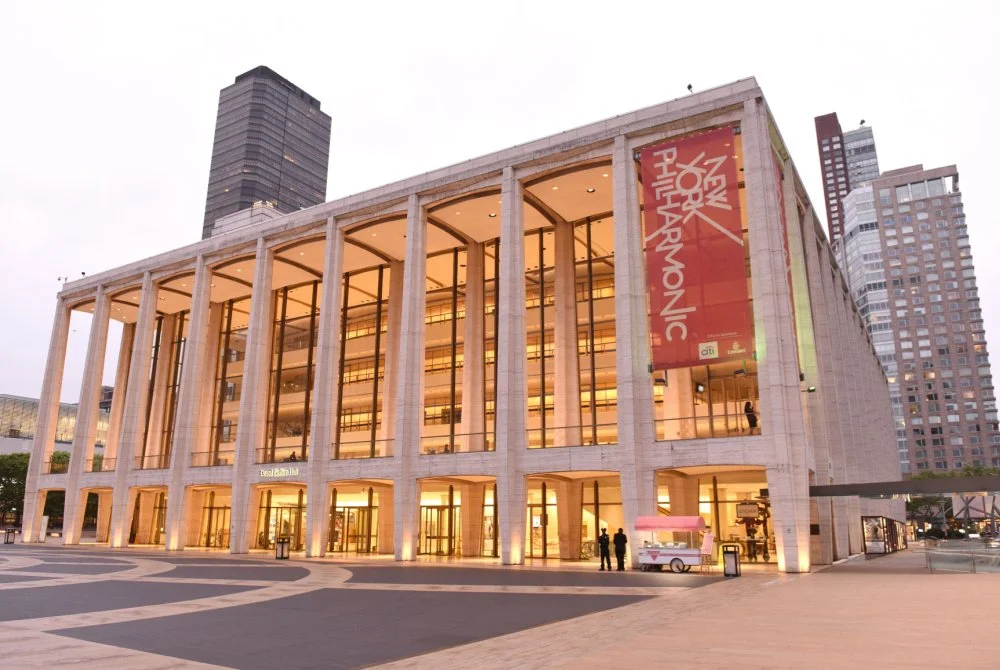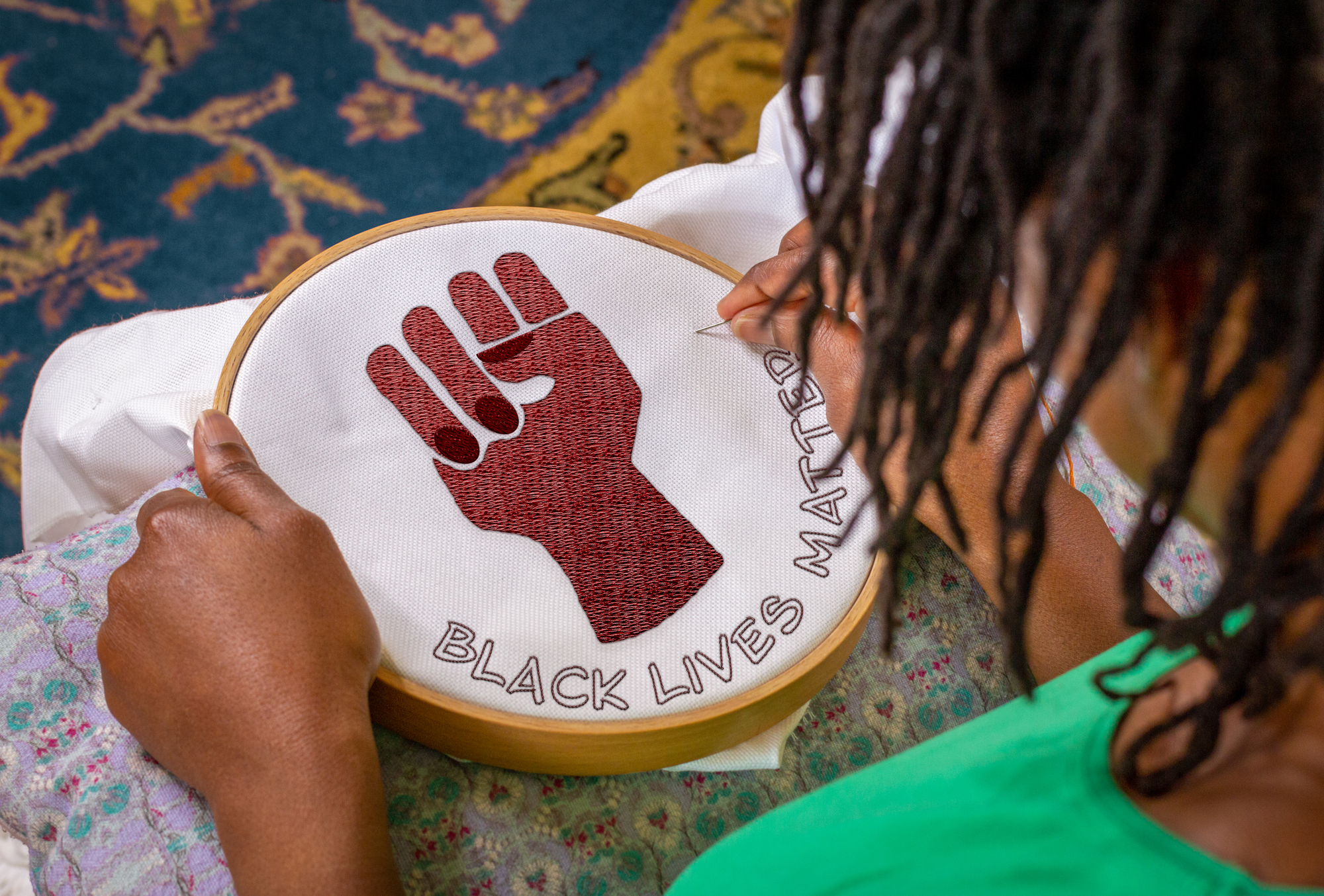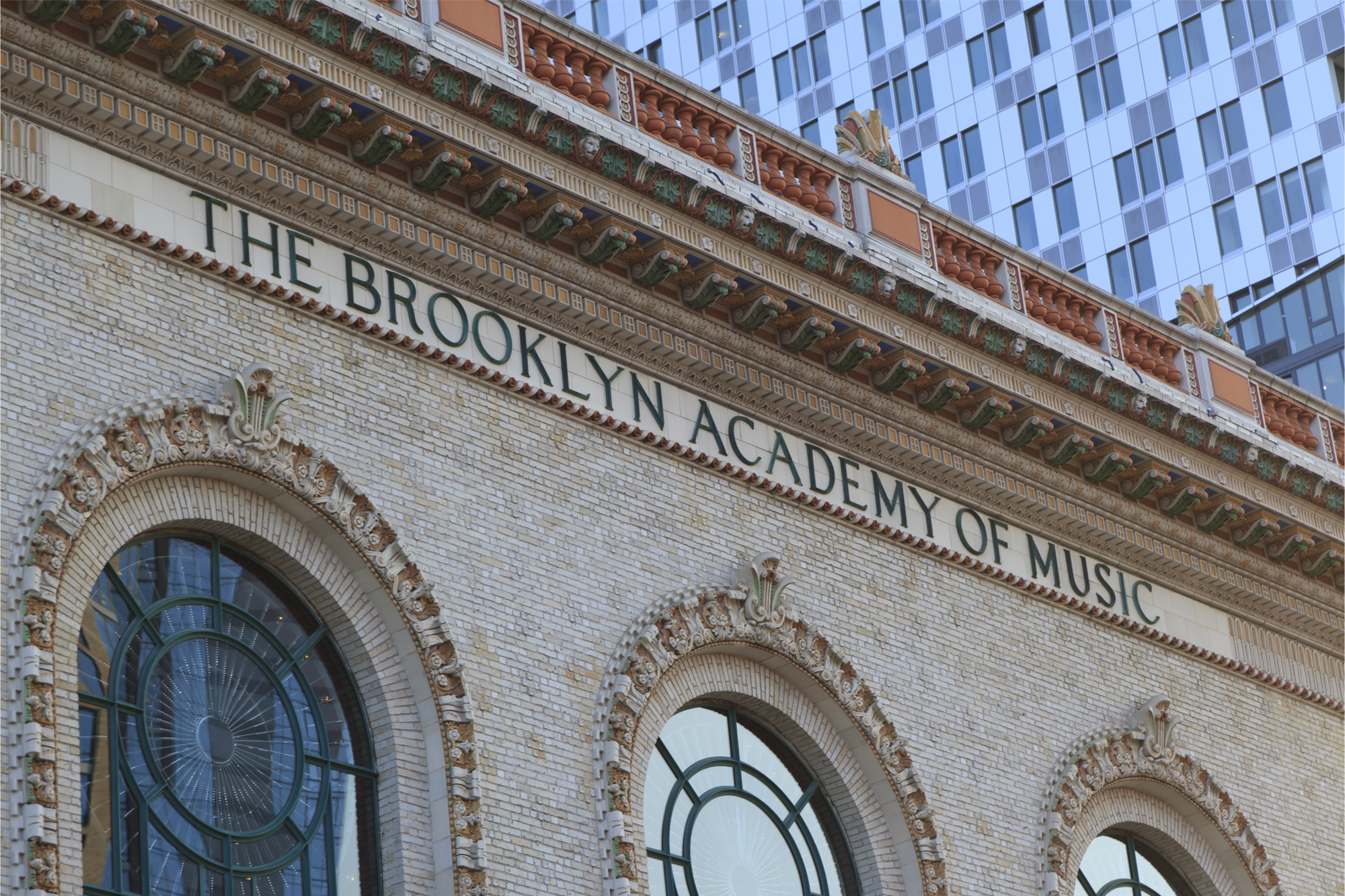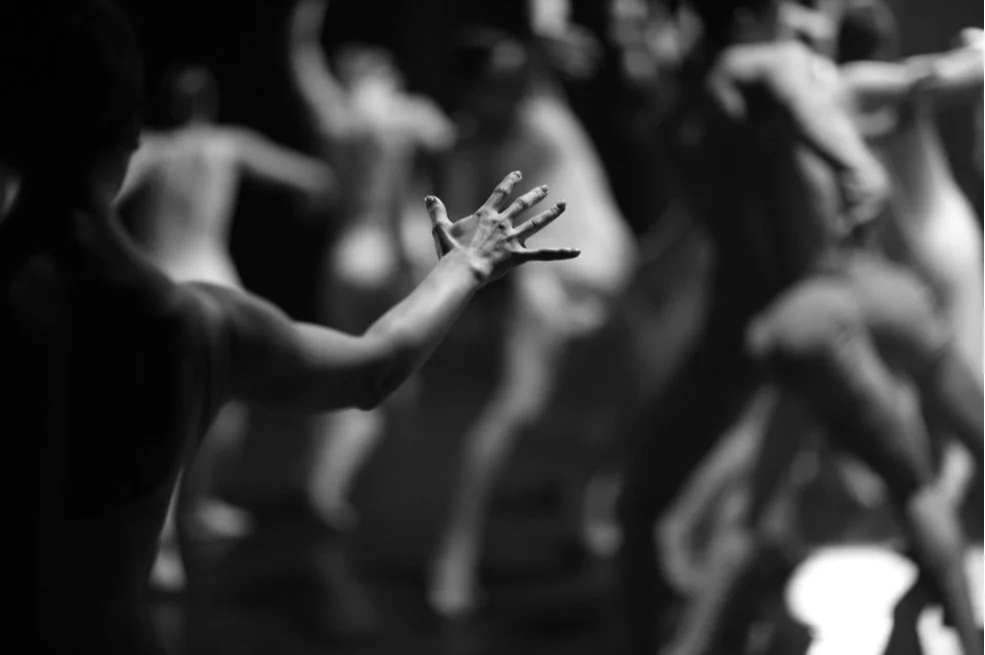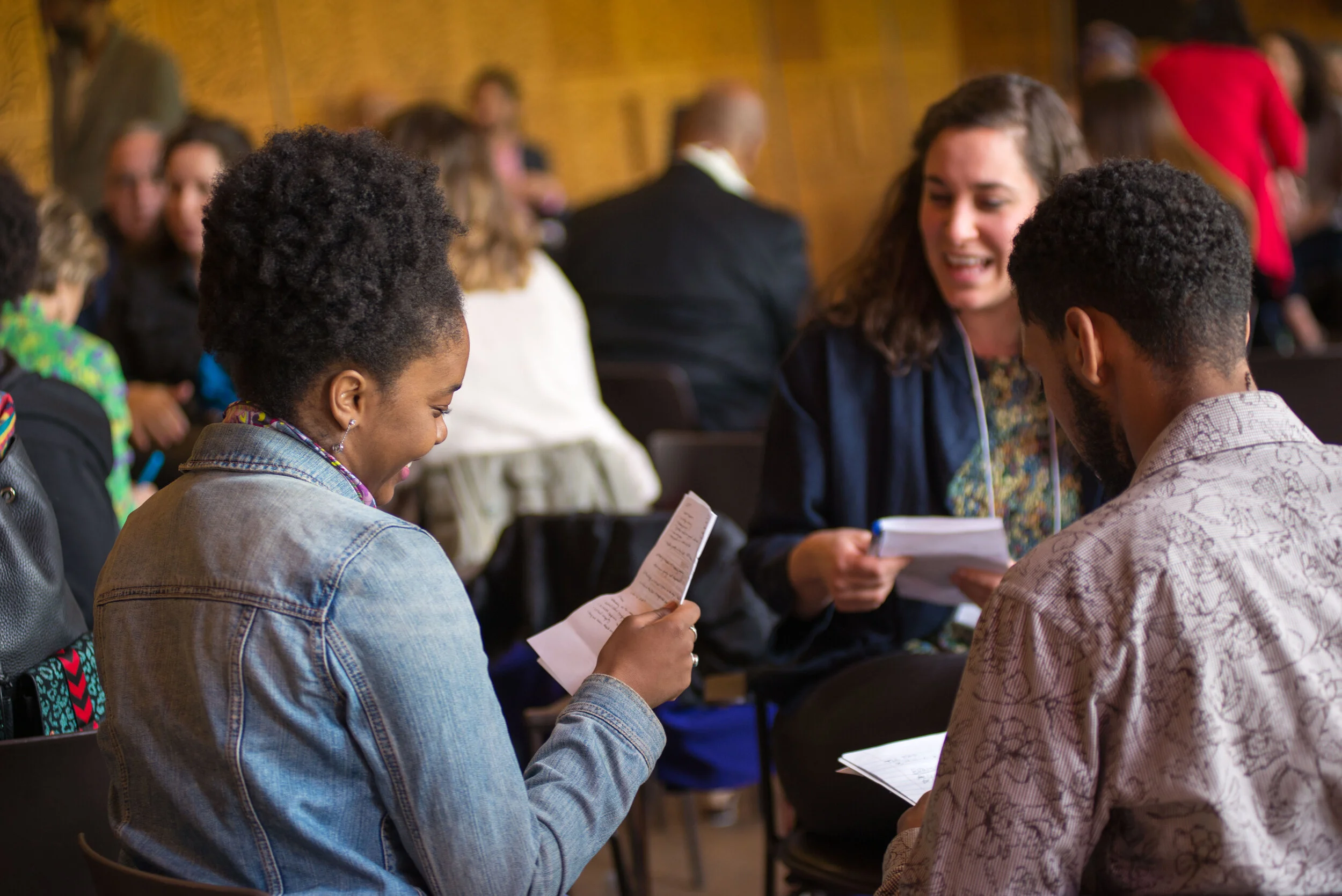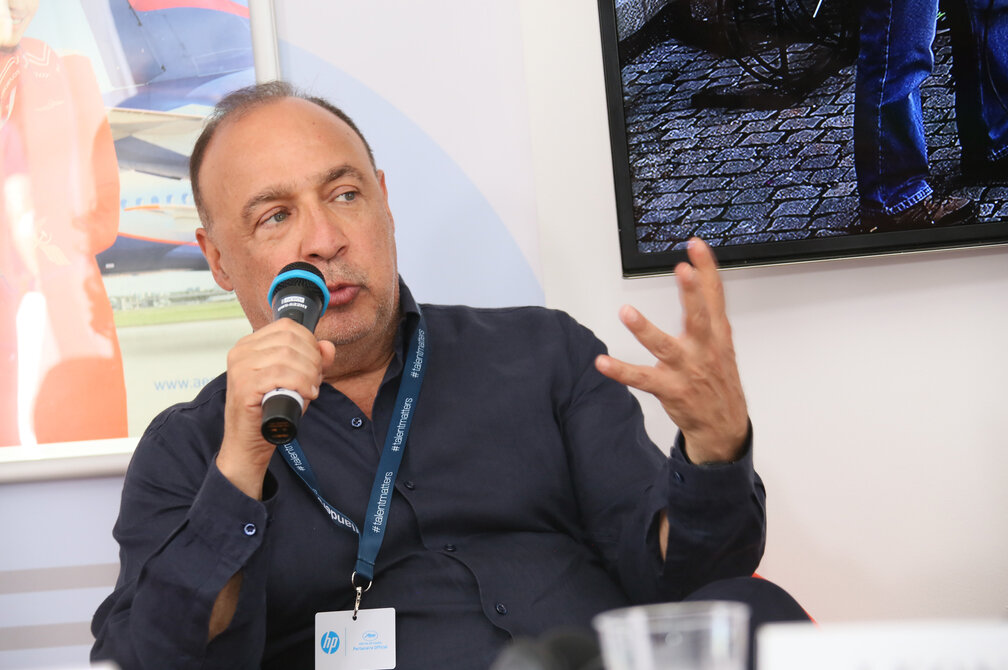Freedom to Stretch Out: Checking In On the Herb Alpert Foundation
/Herb alpert and lani hall. Photo: joe seer/shutterstock
Bebop legend Charlie Parker once said, "They teach you there’s a boundary line to music. But man, there’s no boundary line to art."
It's inspiring stuff, but musicologists will tell you that Parker's improvisational playing nonetheless required a kind of structure. "Jazz, like all serious art," writes Arthur Brooks in a recent piece in the New York Times, "is slavish in its adherence to boundaries and rules. And therein it achieves the nature of true freedom."
Herb Alpert can relate.
As a jazz musician guided by "what feels right," one may think that Alpert's "seat of the pants" and "knee-jerk" philanthropy—his words, not ours—lacks an overarching design. Nothing could be further from the truth.
Consider the foundation's longtime support for the California State Summer School for the Arts (CSSSA), a rigorous four-week, pre-professional visual and performing arts training program for high school students at the California Institute of the Arts.
With funding from the Herb Alpert Foundation, each year, 21 CSSSA students receive college scholarships. The awards include three in each of seven categories: animation, film, creative writing, dance, music, theater and visual arts. Within each category, two students receive one-time awards of $2,500, and one student receives a $40,000 college scholarship.
In 2012, it gave the CSSSA a $1.3 million donation, boosting the foundation's total commitment to the program at the time to $2.4 million, and according to the school, the foundation allocates $315,000 to the program annually. The CSSSA recently announced it will accept applications for its Summer 2018 program beginning in December 2017.
At this point, Alpert and his wife Lani Hall's overarching design may start to crystallize.
"I wanted to do something significant, knowing I'm not the Ford Foundation and I don't have this big treasure," Alpert told Inside Philanthropy a while back. "But I have enough that, if it's spent in the right way and the right direction, [...] we could affect lots of lives in a positive way."
In short, this is a funder that is keenly aware of its limits, but also attuned to finding intervention points where it can have a big impact.
This impact is evident in its support for the CSSSA scholarships as well as the Herb Alpert Award in the Arts. Well into its third decade, the award has handed out a cumulative total of 115 prizes—more than $7 million—since it first launched in 1995. That's not a big sum in the philanthrosphere, especially these days, but this area is perennially under-resourced and the funding has helped artists who often don't have a lot of other sources of financial support. The award honors artists working in five fields: dance, music, theater, visual arts, and film or video.
Another well-targeted investment by the foundation is its multi-year support of the Herb Alpert Young Jazz Composer Awards at the ASCAP Foundation, which offers crucial support to young jazz composers up to the age of 30. If you know anything about the field of jazz, you know that this isn't an easy career track. Small cash awards can go a long way for musicians in this space.
Which brings me conveniently back to jazz. (You knew that was coming, didn't you?)
If we ascribe the Brooks' thinking, the "boundaries" that undergird Parker's playing and Alpert's giving enables them to branch out and explore new territory. The former, for example, famously abandoned the "12/8, downbeat-oriented style of the swing era." (I had to Google this.)
The latter, meanwhile, frequently ventures into unchartered and often ignored corners of music education philanthropy.
Scan Inside Philanthropy's higher ed vertical and you'll see an assortment of gifts to music schools. In most cases, the recipients are large universities. Alpert's gift to the CSSA, on the other hand, is an outlier. The CSSA is a California State agency funded through a unique public/private partnership, and we don't see many gifts to these kinds of organizations, music-related or otherwise.
Similarly, last year, the foundation announced a $10.1 million donation to Los Angeles City College (LACC) to provide all music majors at the school with a tuition-free education.
Community colleges serve exactly those students most in need of assistance to move upward, and you'd think donors would be lining up with their support. Think again. Alpert's gift to the LACC was unique because we rarely come across significant philanthropic support for community colleges.
I realize it's a journalistic parlor trick to fall back on tired music analogies, so I don't want to overthink Alpert's philanthropic philosophy too much. But there's something to be said about a seemingly freewheeling approach built on "rules" that provides the freedom to stretch out and support overlooked causes and organizations.
After all, as Alpert once told us: "I'm a jazz musician, man."







